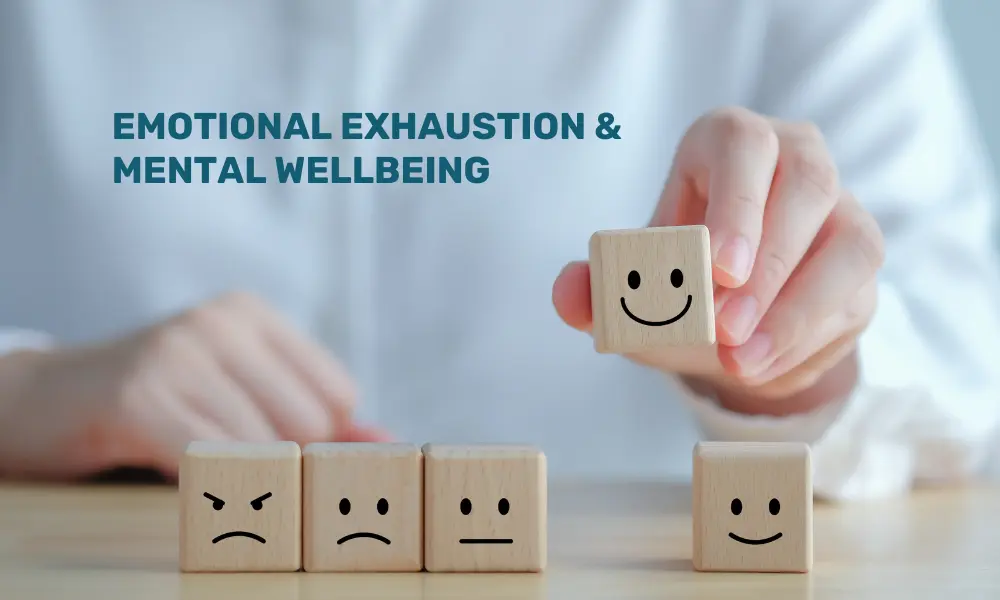Thyroid disorders, including both hypothyroidism and hyperthyroidism, have a profound impact on various organs within the body. If left untreated, these thyroid-related conditions can lead to a cascade of health issues throughout the body.
Hypothyroidism is characterized by insufficient levels of thyroid hormones, resulting in a deceleration of the body’s metabolic processes. Conversely, hyperthyroidism involves an excess of thyroid hormones, which accelerates metabolism. The implications of both these conditions extend far beyond the thyroid itself, affecting diverse physiological functions.
There have been increased cases of thyroid and related disorders. Thus, knowing how these disorders affect our body parts is important to manage the condition better.
Impact of Thyroid Disorders on the Body
Here’s how thyroid disorders impact your body parts.
Impact on the Heart and Nervous System
A concerning link exists between thyroid health and heart health. Hypothyroidism elevates the risk of heart attacks, raises bad cholesterol levels, and contributes to high blood pressure. Hyperthyroidism disrupts heart rhythm and may even lead to heart failure. The consequences extend to the nervous system, with hypothyroidism causing sluggishness and, in severe cases, even coma. This condition also induces weakness and tingling in the extremities. Hyperthyroidism, in contrast, manifests as restlessness, tremors, and anxiety-related symptoms.
Impact on Women’s Health
Hypothyroidism leads to irregular periods and heavy menstrual flow, while hyperthyroidism causes scanty bleeding. As per doctors, infertility becomes a potential concern with both conditions if left untreated; however, effective management can restore fertility. The ramifications extend to bone health as well. Both hypo and hyperthyroidism elevate the risk of osteoporosis, rendering bones fragile and susceptible to fractures.
Impact on the Endocrine System
The relationship between thyroid problems and blood sugar levels highlights the endocrine system’s interconnected nature. Prolonged hypothyroidism or hyperthyroidism can contribute to elevated blood sugar, potentially leading to diabetes. Thankfully, addressing the underlying thyroid issue can lead to a reversal of these effects.
Impact on Skin and Hair
Skin and hair are often the first to bear the brunt of thyroid dysfunction. Hypothyroidism can lead to dry, coarse skin and hair loss, while hyperthyroidism triggers excessive sweating and hair fall. These outward manifestations are indicators of the deeper impact thyroid disorders can have on internal systems.
Impact on Gastrointestinal Functions
Gastrointestinal functions also come under the various impacts of thyroid abnormalities. Hypothyroidism often results in constipation and diminished nutrient absorption in the intestines. Conversely, hyperthyroidism can lead to loose motions, illustrating how the thyroid’s delicate balance is intricately linked to gut health.
Ways to control and prevent Thyroid disorders
1. Diet and Nutrition: One must include probiotics and fermented foods and try to have balanced homemade food. Processed, deep-fried, and high-calorie food must be avoided. Further, one must reduce the consumption of cruciferous vegetables (cabbage, broccoli), soy, and other foods that can interfere with thyroid hormone production.
2. Lifestyle Changes: Moderate exercise, such as walking, yoga, or swimming, is necessary to boost metabolism and support thyroid health. Having a good sleeping pattern is equally important. Therefore, one must prioritize quality sleep.
3. Medical Interventions: If diagnosed with hypothyroidism (underactive thyroid), medication may be prescribed to control the condition. Further, it becomes essential for people with thyroid disorders to take thyroid tests regularly to check thyroid levels.
4. Manage Stress: Unmanaged stress levels may trigger thyroid issues. Therefore, one must work on controlling stress.
The bottom line is that it is crucial to recognize that thyroid problems extend beyond their initial symptoms, impacting into various facets of health. As individuals, being vigilant about our thyroid health and seeking medical attention for any abnormalities can prevent many health concerns. To book a thyroid test – CLICK HERE!
This article is meant for informational purposes only and must not be considered a substitute for professional advice.





